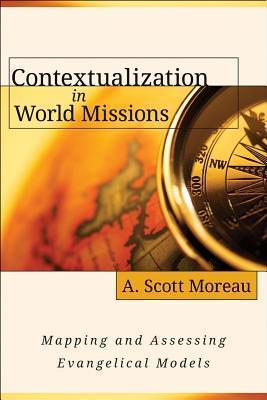
Contextualization is the art of translating ideas into a particular situation, place or culture. It is fundamental to communication, which makes contextualization essential in missions. This textbook pulls together and maps the variety of evangelical approaches to contextualization. Introductory classes on contextualization and missionary preparation institutes will appreciate this valuable textbook. In section one, Moreau explores foundations that make it possible to see the variety of evangelical models more clearly. He looks at the ways evangelical models have been characterized in the literature, and he highlights the main concerns of evangelicals in their contextualizing efforts. Moreau explains several guiding ideas and analytic tools that show how evangelicals `lean into` contextualization.In section two, Moreau describes how evangelical models of contextualization can be split into four primary categories based on the directional flow of each: linear, dialogical, cyclical (spiral or helix), and organic. For each category, Moreau explains what he mean by the category name, portrays one or more models from the category, and presents selected contextual practices that evangelicals use which fit the category. This arrangement makes categorization easier than other options and does not frame the models in ways that bias their evaluation.Contextualization in Missions will guide mission-minded to an informed plan for spreading the gospel effectively. While written with a theoretical perspective, Contextualization in Missions also provides real-world examples to provoke both thought and action.







